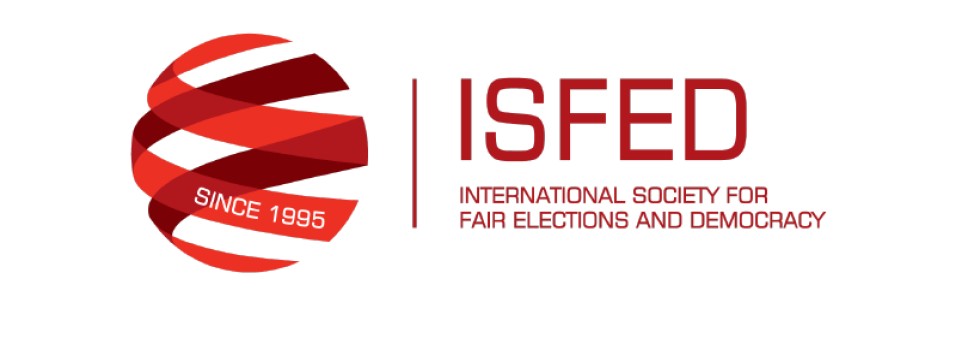RECOMMENDATIONS FOR IMPROVING THE ELECTORAL ENVIRONMENT
One of the 12 recommendations issued by the European Commission regarding Georgia's candidate member status of the European Union concerns the reform of the electoral legislation. The European Commission expects Georgia to reflect the recommendations of the OSCE Human Rights Office in its election legislation, which, in turn, derive from international standards and international best practices for conducting elections. The European Commission expects Georgia to reflect the recommendations of the OSCE Human Rights Office in its election legislation, which, in turn, derive from international standards and international best practices for conducting elections.
According to international standards, the change of the electoral legislation is an important event, the content and course of which determines the stability of the electoral legislation and confidence in the electoral processes. Accordingly, the process related to the amendment of the electoral legislation should be transparent, reliable and inclusive, ensuring broad representation of all parties involved in the electoral process. Accordingly, the process related to the amendment of the electoral legislation should be transparent, reliable and inclusive, guaranteeing broad representation of all parties involved in the electoral process.
The current electoral reform process in the Parliament of Georgia, instead of the format recommended by the OSCE/ODIHR and the European Union, is being conducted opaquely, without reliable and professional monitoring organizations involved in the election process as the ruling party discriminately restricted the participation of ISFED in the working group, which was protested by other professional and impartial organizations. Part of the opposition political parties do not participate in the process either. Therefore, the working group, which was created to implement the recommendations of the OSCE/ODIHR in the electoral legislation, is incompatible with the existing international standard for revising the electoral legislation.
ISFED being involved in the electoral reform on numerous occasions believes in the importance of implementing the reform. In particular, recommendations issued by international or local observer organizations should be considered fulfilled only when they are implemented in practice following the spirit of international good practice.
As the participation of ISFED in the electoral reform process was blocked, it is important that the organization presents to the public a vision of the electoral issues, the reform of which will contribute to the democratization of the electoral processes and ensure a freer and equal electoral environment.
The Annex presents ISFED’s recommendations to improve the election system, election administration formation, campaign finance supervision, pre-election campaign, voter bribery, voting day and post-election regulations.
These recommendations are mostly related to the shortcomings revealed during the observation of the 2021 municipal elections and the organization's long-standing experience and professional knowledge of electoral issues. These recommendations derive from and are in line with the principles of international good practices and the recommendations issued by the OSCE Human Rights Office on the 2021 elections, considering the local context.
ISFED continues to develop recommendations related to electoral reform, which it will continue to present.
Annex 1
Annex 2

